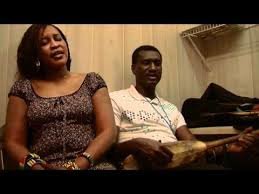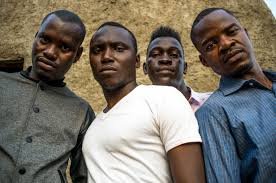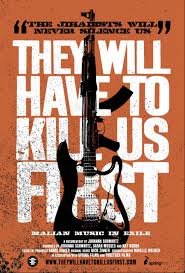I love an album that takes the listener on
a journey, and I’d wager (“cos booze and dice is never dull”) that
there are few albums that can catapult us on a more astronomical and
fantastical voyage than this one. Crackle OK, released in July 2014, is the first full-length release from Coventry
rock outfit Late Starters and was
also the inaugural release on the indie record label Creature Lab Records.
Late
Starters are a three-piece band with a modal,
riff-led, stabbing rhythmic style. The mastery of this album, though, lies in
how atmospherically the baroque story songs of the imagination of Late Starters are captured. Characters
from the deepest darkest reaches of the imagination jump out of the musical canvas
and become larger than life by way of the music’s jagged illustration. Crackle OK covers astronomical
distances, from the smoky rooms of local government populated with ministers
and sycophants, to the vast reaches of space and time. Each song is brought all
the more vividly to life by the entertaining song descriptions that accompany
the lyrics posted up on the Late Starters bandcamp page.
Coursing through the veins of Crackle OK is a certain supernatural
energy that is channeled down the lightning conductors of Creature Lab and affects its transformative energy upon the album
forwards and backwards in time, particularly on A Certain Pedigree, John Hundred, and Fish Tail. The journey begins in all its grim inevitability with Tin Tack in the salty air of a wartime
harbour where
“the seagulls that are circling are crying my name
they beg me not to go but I must go just the same”
whilst barnacled heroes await mighty warriors
due to rise from the brine.
A seagull’s flight across Crackle OK’s alternate landmass, Hillman House is for me a fine achievement
in the communication of a sense of place via the medium of song, expertly
capturing the workaday ambience of the Midlands of England at the same time as
its grit and magic. Staring out of the windows of “smoky rooms in Hillman House”, we hear the story of protagonist
Sheedy, while the music draws the imagination far out into the sprawling
suburbs of a “town of mud and rust”.
“and every hanger on knows the words and sings along”
Mauler is a prime example of the balance that this album strikes between
angular riffs and hooks, and the joy and energy that Late Starters can generate when they turn a major corner, in the
musical sense, like the throwing of a heavy electrical switch. Deliciously
disorientating, the intro allows you jump on board at various
beats of the bar and kicks off the track
cleverly. The rhythm section then cross-talks beautifully throughout this great
track.
“transistors start to pop and sing
the vacuum tubes are screaming”
Perhaps the crowning glory of the album,
and certainly the furthest point in its imaginative reach, is Space Opera (Parts 1 and 2). As its name
(and Late Starters’ own description)
suggests, this is a grand and theatrical tale of interstellar travel that
contains all the tragedy and perverse comedy of opera, and is, of course, a
song of two halves. Reminiscent in parts of prog rock in the mould of Emerson, Lake and Palmer, it also has an
energy that would not be out of the place in the mythical universe of Ulysses 31, the French-Japanese epic
space cartoon from the early 1980s that pitted doomed space travellers against
the wrath of the ancient gods of Olympus.
“so distant, so cold
when I next breathe I’ll be 10,000 years old”
This comparison can be made not only due to
the grand imagery of Space Opera, but
also because of the unbeatable riff-driven motifs of the contrasting parts that
change gear so beautifully through the eerie reverberating nebula of sounds
that connects them (get this on in some big
headphones and enjoy!). The song is almost crying out for an animated video
and leaves us on a perfectly executed finale.
I thoroughly enjoyed this album and it has
been near the top of my listening for 2014 and admittedly, most of 2015. The
band have since released a couple of EPs to follow on from this excellent
album, and these should hopefully be covered at a later time on Noisy Dirty City. Until then, sit back
and listen to Crackle OK and let it
transport you on its journey. By the sound of it though, try not to get off the
rollercoaster in Chisel Town, and definitely don’t end up on Broken Spear.
"Only
the fates could bring me here".



